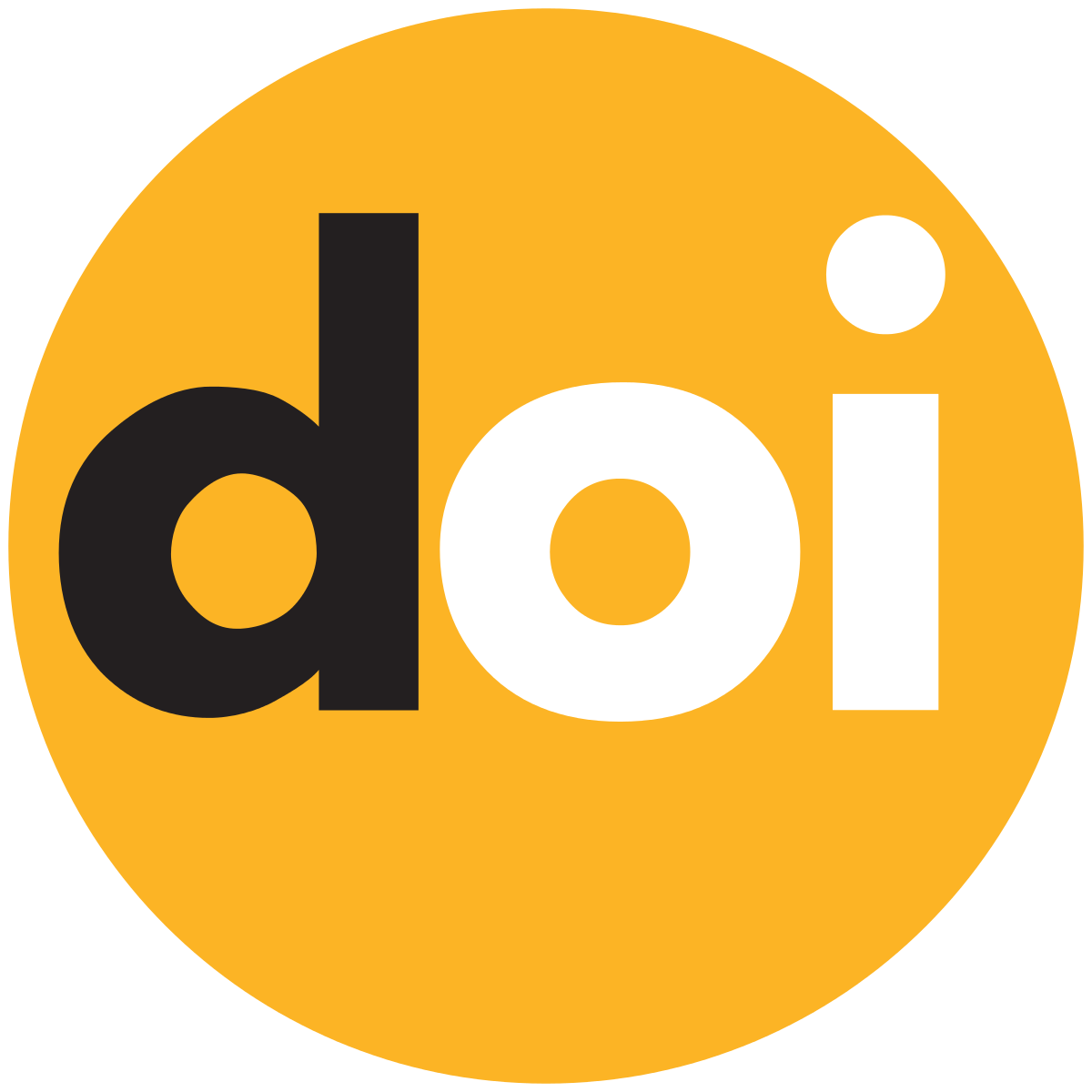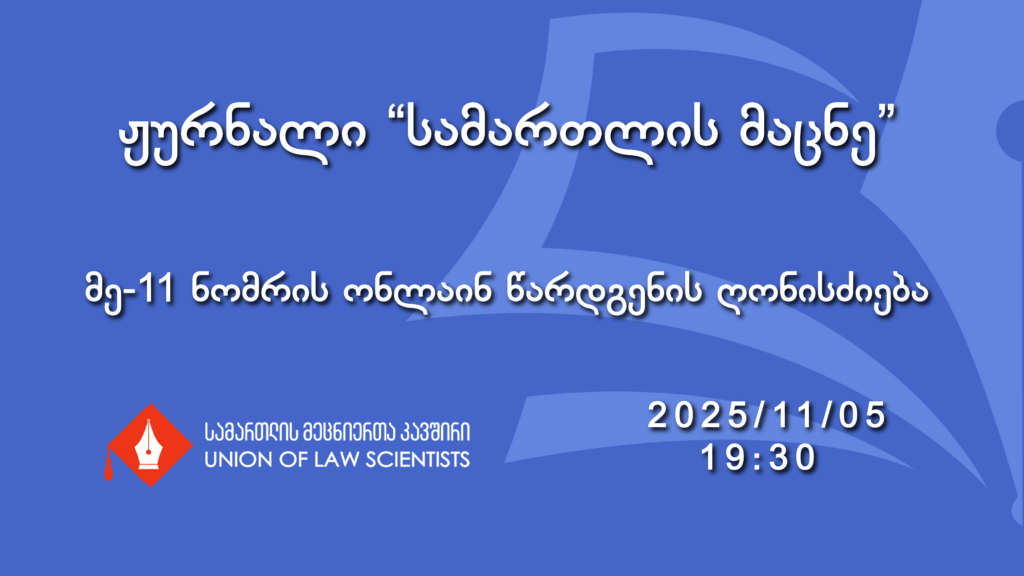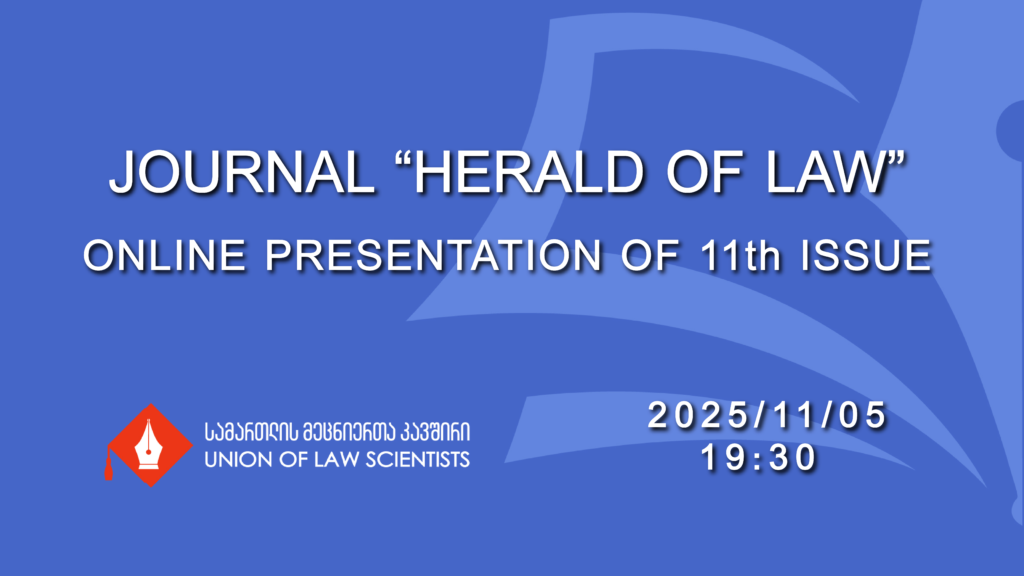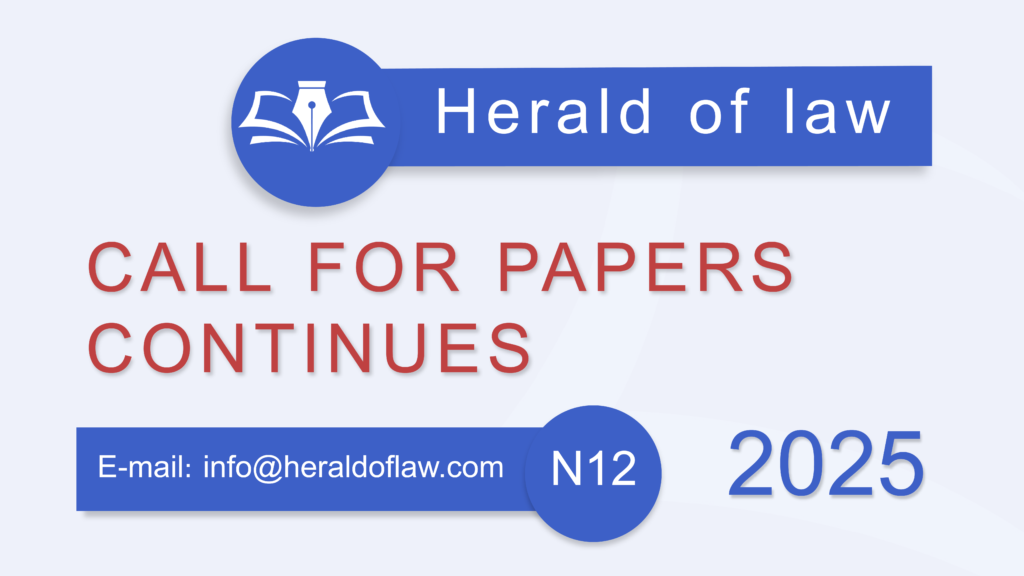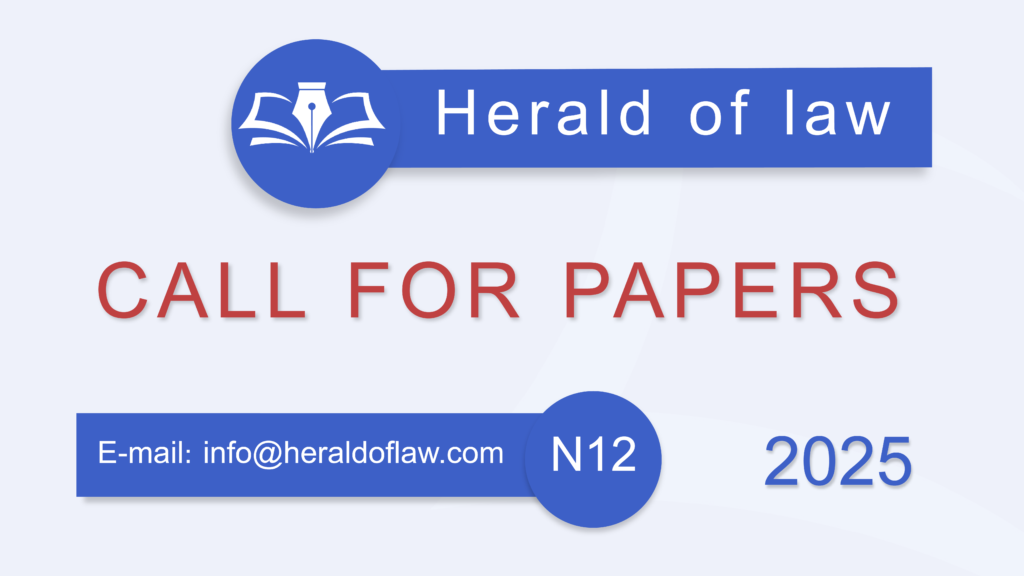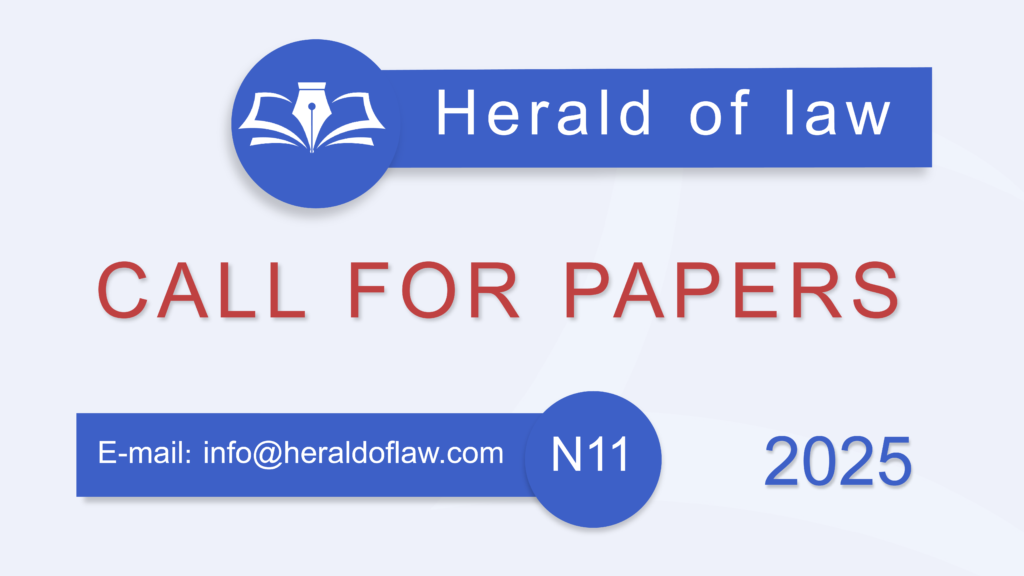Usage of Artificial Intelligence in Science: Academic Ethics and Intellectual Property Rights Consciousness in Georgia
Abstract:
The integration of artificial intelligence (AI) into higher education is reshaping academic practices worldwide, offering new tools for research and learning. However, it also introduces significant ethical, legal, and pedagogical challenges. This study investigates the use of AI in Georgia’s academic landscape, focusing on its implications for academic integrity, intellectual property (IP), and independent thinking. Drawing on global AI governance models and theoretical frameworks—including the Technology Acceptance Model (TAM), Social Learning Theory (SLT), and Operant Conditioning Theory—the research explores how students and lecturers perceive and apply AI in academic contexts. The methodology combines comparative legal analysis with qualitative interviews conducted with 34 students and 13 academic staff across Georgian universities. Results reveal both positive outcomes—such as improved efficiency in literature review and data processing—and critical concerns, including over-reliance on AI, lack of understanding of plagiarism in AI-generated content, and diminished critical thinking skills. The study concludes that Georgia’s education system must respond with updated legal frameworks, institutional reforms, and ethical guidelines that align with international best practices. By promoting digital literacy, protecting creative rights, and embedding AI and IP education into curricula, Georgia can ensure that AI is used responsibly and supports innovation without compromising academic standards.
Keywords:
Academic Integrity, Higher Education, Ethics in Technology, Educational Police



